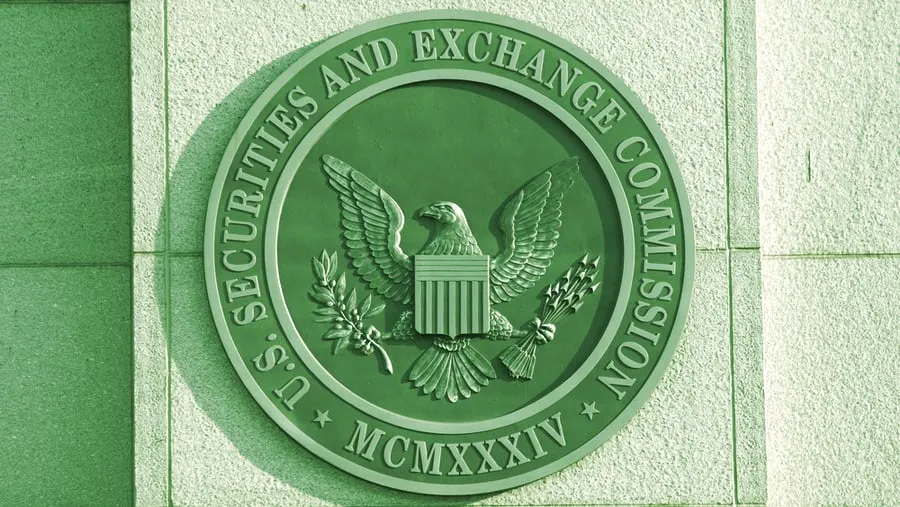In brief
- VanEck's Bitcoin ETF application has been published by the SEC.
- The SEC has not approved a Bitcoin ETF yet, but the Bitcoin community hopes one will soon land in the United States.
We do the research, you get the alpha!
Global investment firm VanEck has had its Bitcoin ETF application published by the SEC. This means the SEC has a 45 day period to either accept or deny the firm's Bitcoin ETF application.
Unlike Canada, which has launched three Bitcoin ETFs to date, the United States is still waiting for its first Bitcoin ETF. If successful in its application, VanEck would break new regulatory ground in the United States, opening a path for a much-anticipated product in the Bitcoin industry.
A host of big names, including Skybridge Capital founder Anthony Scaramucci, have been anticipating the moment when a Bitcoin ETF makes it to the United States. While every effort to date has been unsuccessful, Bitcoiners remain optimistic that one will eventually make it past the finish line.
If, after the 45 day period in place right now, the SEC has not come to a decision, it may choose to extend VanEck's review up to 240 days.
What is a Bitcoin ETF?
An ETF tracks the price of an underlying asset. In this case, a Bitcoin ETF is an exchange traded fund specifically for Bitcoin. It would allow users to gain exposure to Bitcoin without having to buy the cryptocurrency itself.
A perceived advantage of a Bitcoin ETF is that it could cut many complex storage and security procedures that many holders of the cryptocurrency take in order to keep their Bitcoin safe. Consequently, a Bitcoin ETF has been touted as one of the most anticipated means for Bitcoin to break into mainstream culture.
As appealing as the idea may sound to some, the SEC has yet to approve any Bitcoin ETF proposal. Bitcoin ETF applications made by the likes of the Winklevoss brothers, Bitwise Asset Management, and financial services company Wilshire Phoenix have all been unsuccessful.
One of the primary reasons applications keep coming up short is because—according to the SEC—nobody has convincingly demonstrated that Bitcoin is inherently resistant to manipulation.
Two years ago, the SEC offered Bitcoin ETF hopefuls some advice. According to the Exchange Act 6(b)(5), applicants would have to demonstrate that Bitcoin is "inherently resistant to fraud and manipulation." What's more, a successful Bitcoin ETF would come with a surveillance agreement with a "regulated market of significant size."
Also in 2019, the former SEC Commissioner Robert Jackson Jr. said that a Bitcoin ETF would be approved when bigger players get involved. Since then, institutional investment has poured into Bitcoin, with firms like MicroStrategy and Tesla investing billions into the cryptocurrency, and PayPal announcing that US customers could buy and sell Bitcoin on its platform last November.
Canada and Bitcoin ETFs
Despite the SEC's position on Bitcoin ETFs to date, the United States' neighbour to the north has already registered three Bitcoin ETFs.
On February 12, securities regulators in Ontario Canada approved the Purpose Bitcoin ETF, North America's first ever Bitcoin ETF. It runs on the Toronto Stock Exchange, and attracted almost $500 million in its first week since launch. A week later, Canada's second Bitcoin ETF—the Evolve Bitcoin ETF—began trading.
Earlier this month, Canadian regulators approved yet another Bitcoin ETF. The CI Galaxy Bitcoin ETF launched on the Toronto Stock Exchange on March 9, under the ticker BTCX.





